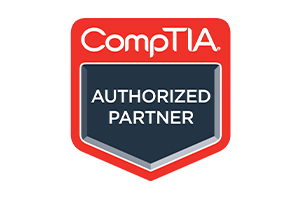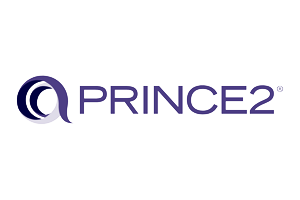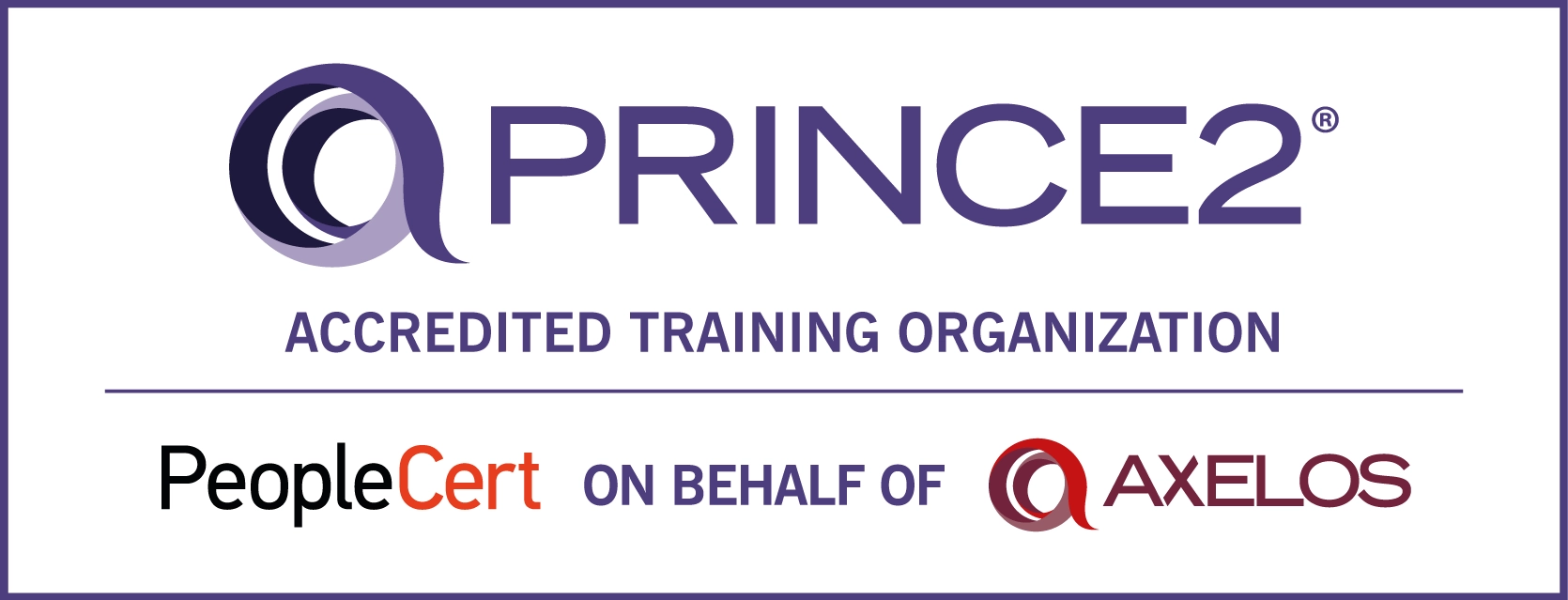CompTIA PenTest+ is for cybersecurity professionals tasked with penetration
testing and vulnerability management.
Why is it different?
CompTIA PenTest+ is the most comprehensive exam covering all penetration
testing stages. Unlike other penetration testing exams that only cover a
portion of stages with essay questions and hands-on, PenTest+ uses both
performance-based and knowledge-based questions to ensure all stages are
addressed.
PenTest+ is the only exam on the market to include all aspects of
vulnerability management. It not only covers hands-on vulnerability
assessment, scanning, and analysis, but also includes planning, scoping, and
managing weaknesses, not just exploiting them.
PenTest+ is the most current penetration testing exam covering the latest
techniques against expanded attack surfaces. It is a unique exam that
requires a candidate to demonstrate the most relevant pen testing skills for
the cloud, hybrid environments, web applications, Internet of Things (IoT),
and traditional on-premises.
About the exam
PenTest+ assesses the most up-to-date penetration testing, and vulnerability
assessment and management skills necessary to determine the resiliency of
the network against attacks. The CompTIA PenTest+ certification exam will
verify successful candidates have the knowledge and skills required to:
- Plan and scope a penetration testing engagement
- Understand legal and compliance requirements
- Perform vulnerability scanning and penetration testing using appropriate
tools and techniques, and then analyze the results
- Produce a written report containing proposed remediation techniques,
effectively
- communicate results to the management team, and provide practical
recommendations
PenTest+ is compliant with ISO 17024 standards and approved by the US DoD to
meet directive 8140/8570.01-M requirements. Regulators and government rely
on ANSI accreditation, because it provides confidence and trust in the
outputs of an accredited program. Over 2.3 million CompTIA
ISO/ANSI-accredited exams have been delivered since January 1, 2011.



















